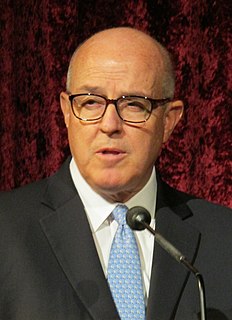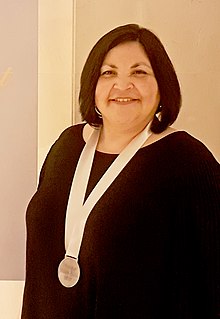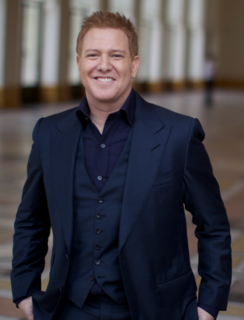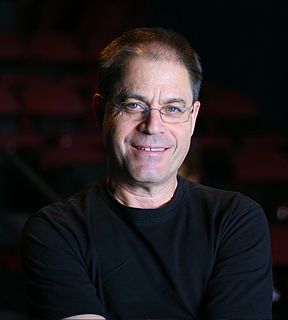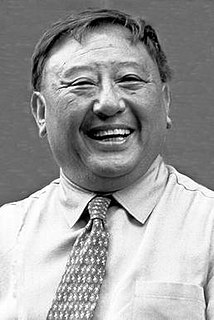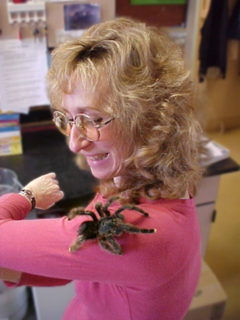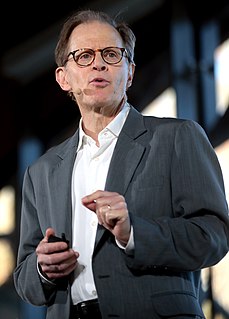A Quote by Richard Louv
Other species help children develop empathy.
Related Quotes
I've argued that many of what philosophers call moral sentiments can be seen in other species. In chimpanzees and other animals, you see examples of sympathy, empathy, reciprocity, a willingness to follow social rules. Dogs are a good example of a species that have and obey social rules; that's why we like them so much, even though they're large carnivores.
People with antisocial personality disorders aren't automatically bad - they simply approach the world with a more ruthless set of lenses. The lack of empathy or very weak empathy and the ability to read other people's weak spots can be a flammable combination when you get in the way of something they want. But they aren't a different species. They're a part of our spectrum.
A large animal needs a large area. If you protect that area, you're also protecting thousands of other plants and animals. You're saving all these species that future generations will want - you're saving the world for your children and your children's children. . . . The destruction of species is final. If you lose a species, you lose the genes, you lose all the potential drugs and potential foods that could be useful to the next generations. The ecosystems will not function as they have.
I really try to focus on organizations, twofold, one that help people and/or beings that don't have other means of help. Particularly if they're hospitalized children, sick children, children that don't have homes, children that can't go to school, you know that's the future of this country and the future of this planet.
Ego's trick is to make us lose sight of our interdependence. That kind of ego-thought gives us a perfect justification to look out only for ourselves. But that is far from the truth. In reality we all depend on each other and we have to help each other. The husband has to help his wife, the wife has to help the husband, the mother has to help her children, and the children are supposed to help the parents too, whether they want to or not.
It was not that I disliked people; some of them were interesting and kind. But even the nice ones were no more compelling or important to me than other creatures. Then, as now, to me humans are but one species among billions of other equally vivid and thrilling lives. I was never drawn to other children simply because they were human. Humans seemed to me a rather bullying species, and I was on the side of the underdog.
Researchers keep identifying new species, but they have no idea about the life cycle of a given species or its other hosts. They cut open an animal and find a new species. Where did it come from? What effect does it have on its host? What is its next host? They don't know and they don't have time to find out, because there are too many other species waiting to be discovered and described.
In early childhood, children develop a set of symbols that 'stand for' things they see in the world around them... Children are happy with symbolic drawing until about the age of eight or nine... when children develop a passion for realism. Our schools do not provide drawing instruction. Children try on their own to discover the secrets of realistic drawing, but nearly always fail and, sadly, give up on trying.
We now know that the way to help a child develop optimally is to help create connections in her brain—her whole brain—that develop skills that lead to better relationships, better mental health, and more meaningful lives. You could call it brain sculpting, or brain nourishing, or brain building. Whatever phrase you prefer, the point is crucial, and thrilling: as a result of the words we use and the actions we take, children’s brains will actually change, and be built, as they undergo new experiences.
There is absolutely no single aspect of one's personality that is more important to develop than empathy, which is not a skill at which men typically are asked to excel. I believe empathy is not only the core of art, literature and music, but should also be at the core of society, from ethics to economics.



